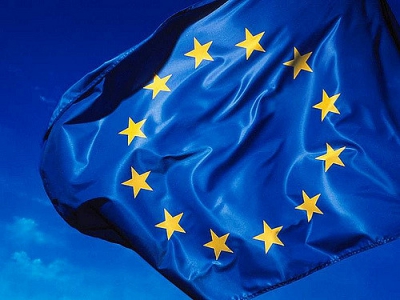Representatives of world’s leading institutions including World Bank, IMF, OECD, UN and Europol will gather in the European Parliament to learn more about and to discuss blockchain.
Next week the European Parliament will host an exhibition and a conference, featuring panel discussions and presentations from the IMF, Nasdaq, Blockchain.info and other significant industry players. The main goal of the event is to gather world leading academics and entrepreneurs who will brief Members of the European Parliament on the emerging technologies. The conference is also seen as a venue whose purpose is to bring together MEPs and representatives of international financial, legislative and law enforcement structures, in order to promote discussion of the future regulatory framework regarding blockchain and virtual currencies.
The four-day long event provides opportunity for the participants to learn and interact and is hosted by Syed Kamall, a Member of the European Parliament who believes that “legislators internationally are now looking at this area and how to protect the consumer while stimulating innovation,” Finextra reports.
The newly established European Digital Currency and Blockchain Technology Forum is co-organising the event. Its founder, Siân Jones, has already taken part in the Parliament’s bitcoin- and blockchain-related discussions before, arguing that the euro was 92 times more likely to be used for money laundering purposes than the digital currency. Thus, Jones claimed that the threat the novel technology may bring is largely overestimated.
Earlier the European Parliament’s Committee on Economic and Monetary Affairs published a draft report on virtual currencies and blockchain, suggesting the creation of an EU-funded task force to deal with the challenges posed by the innovative technology. The task force is expected to come up with regulatory measures with respect to customers’ safety.
The new rules for virtual currency exchanges and wallet providers are to be drafted by the end of June and agreed upon by the European Council.
Maria Rudina














